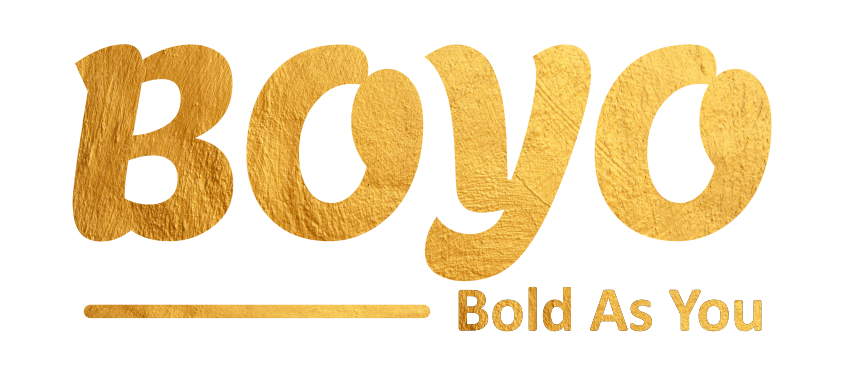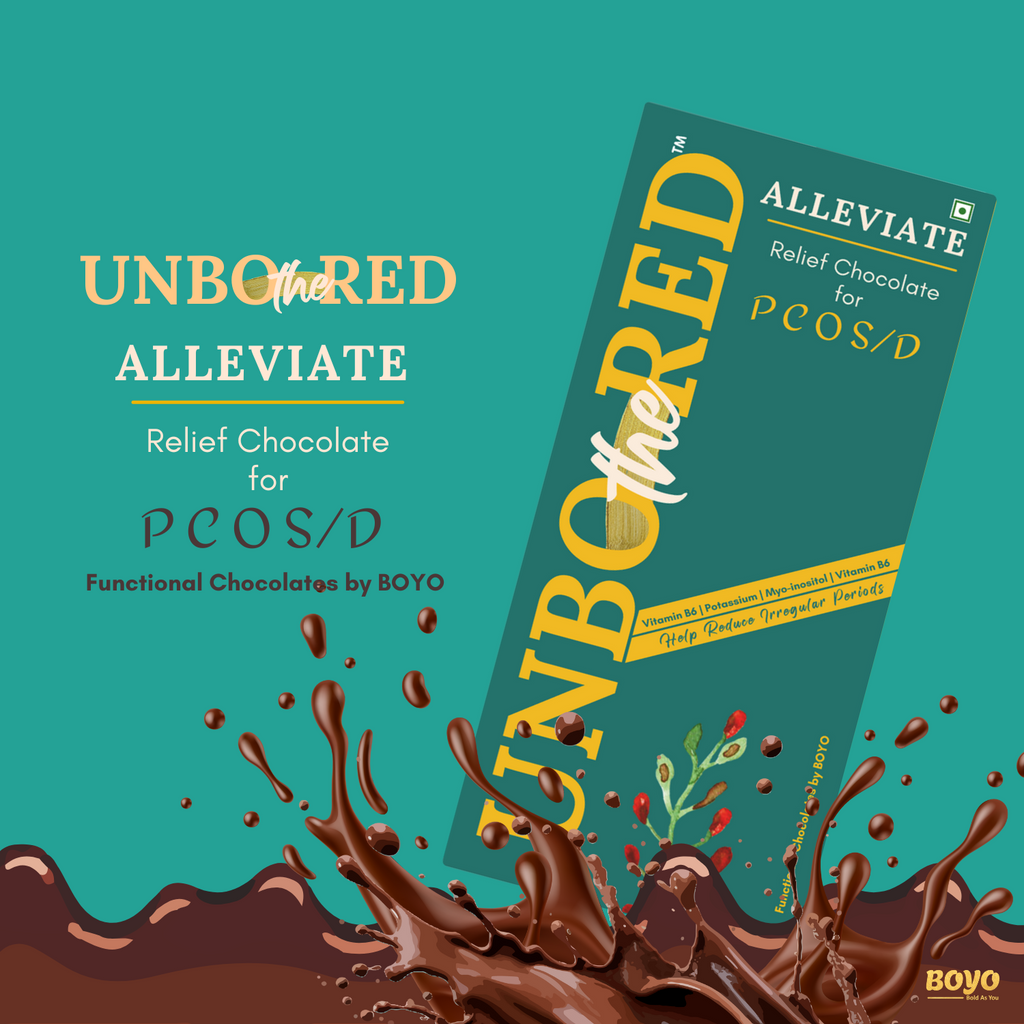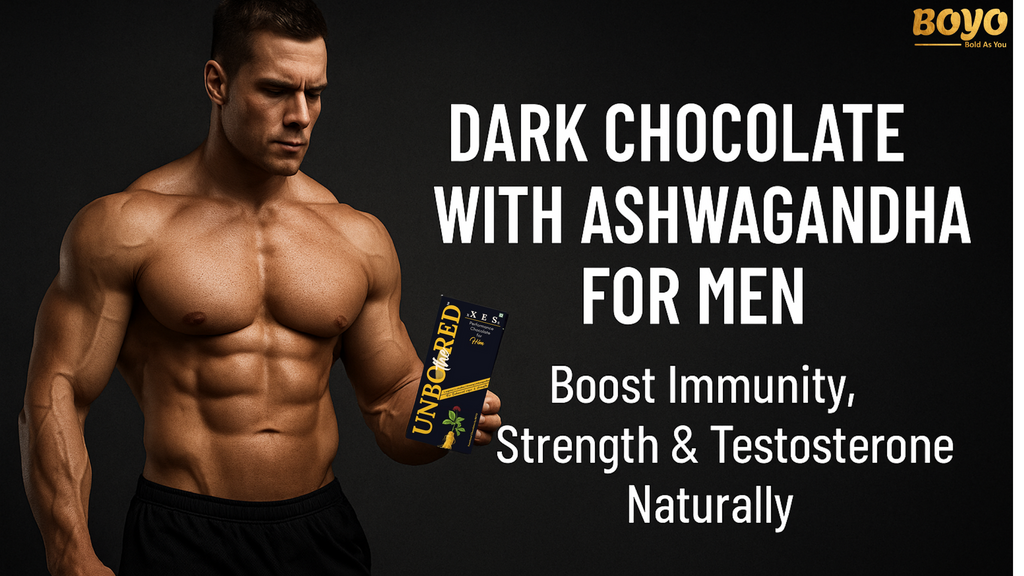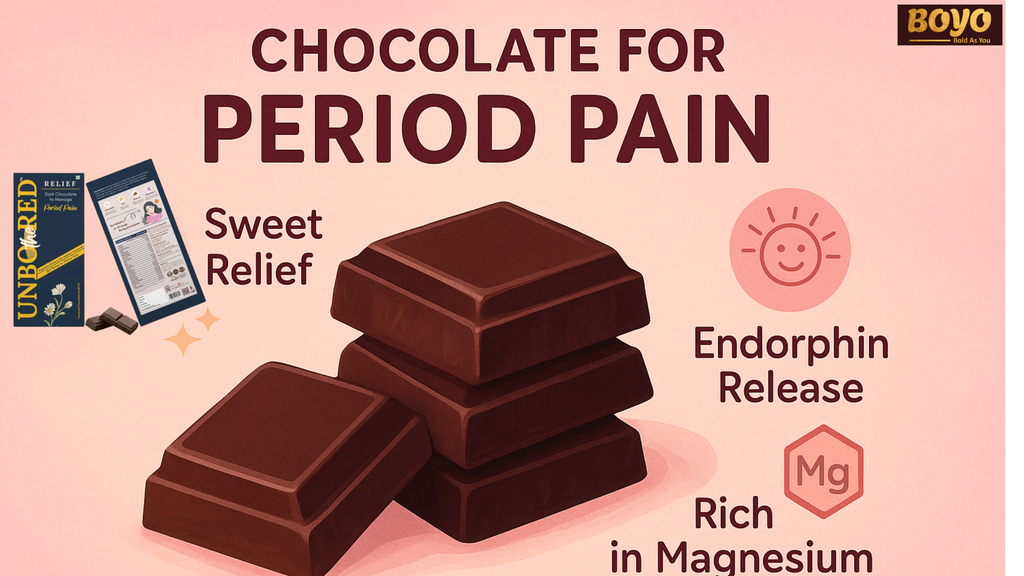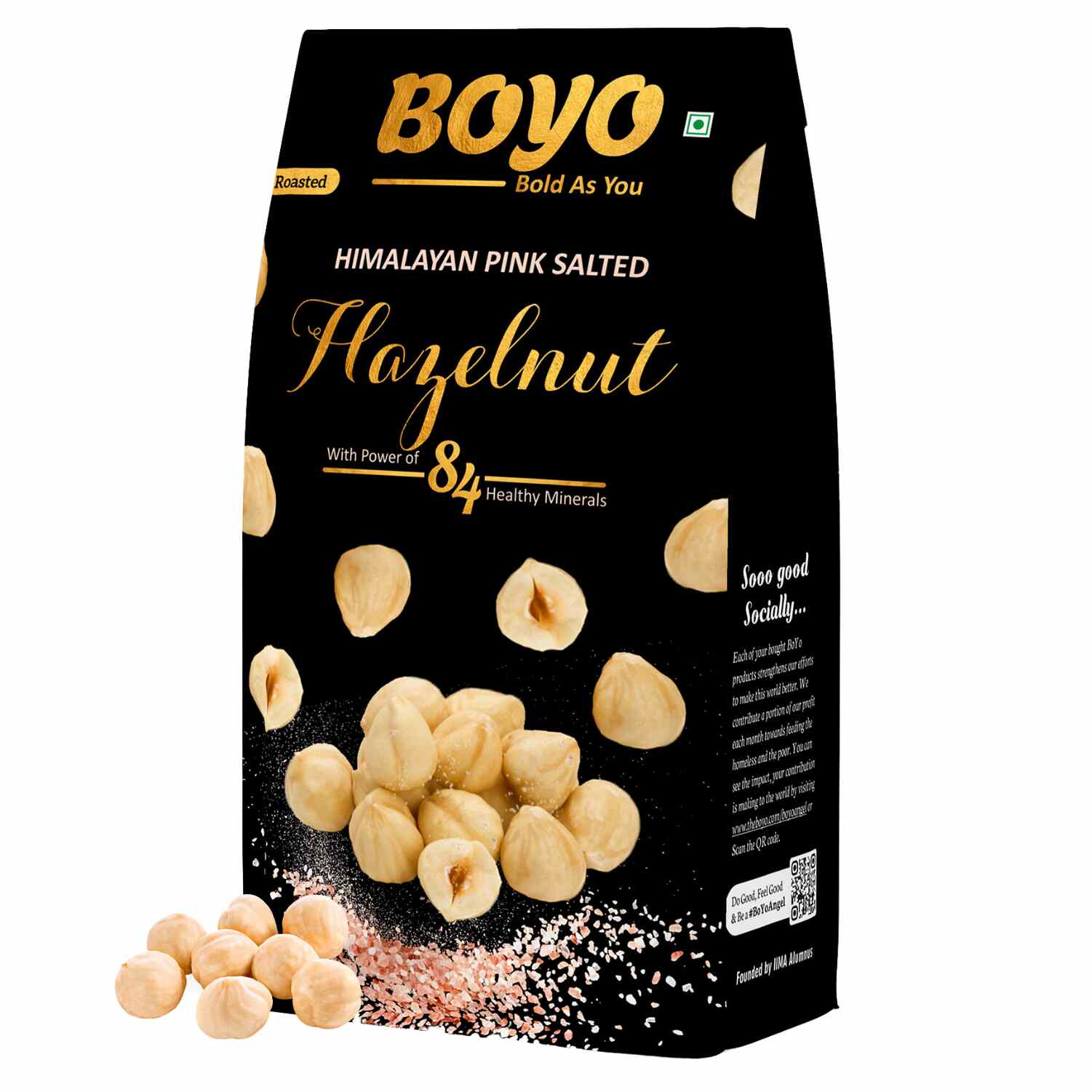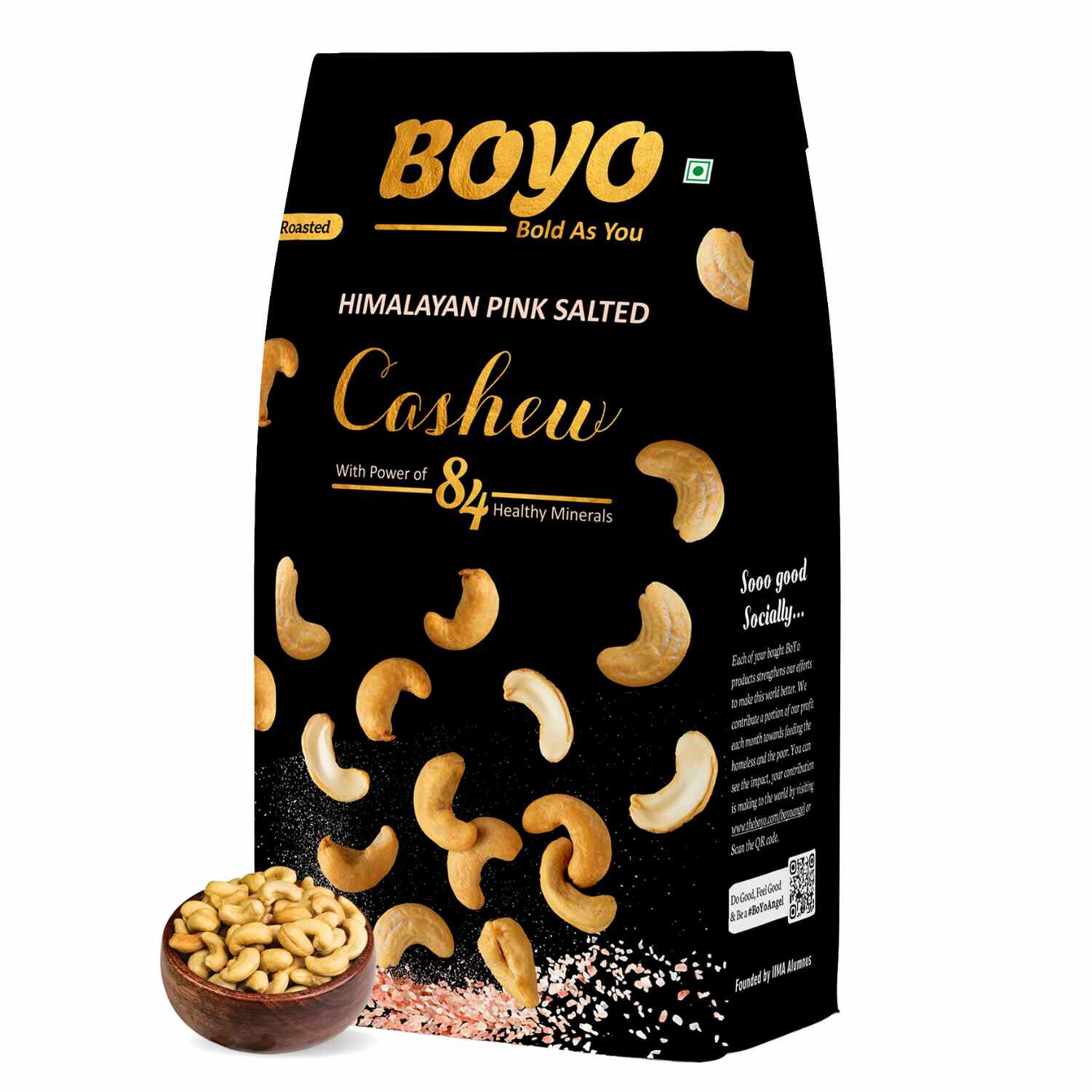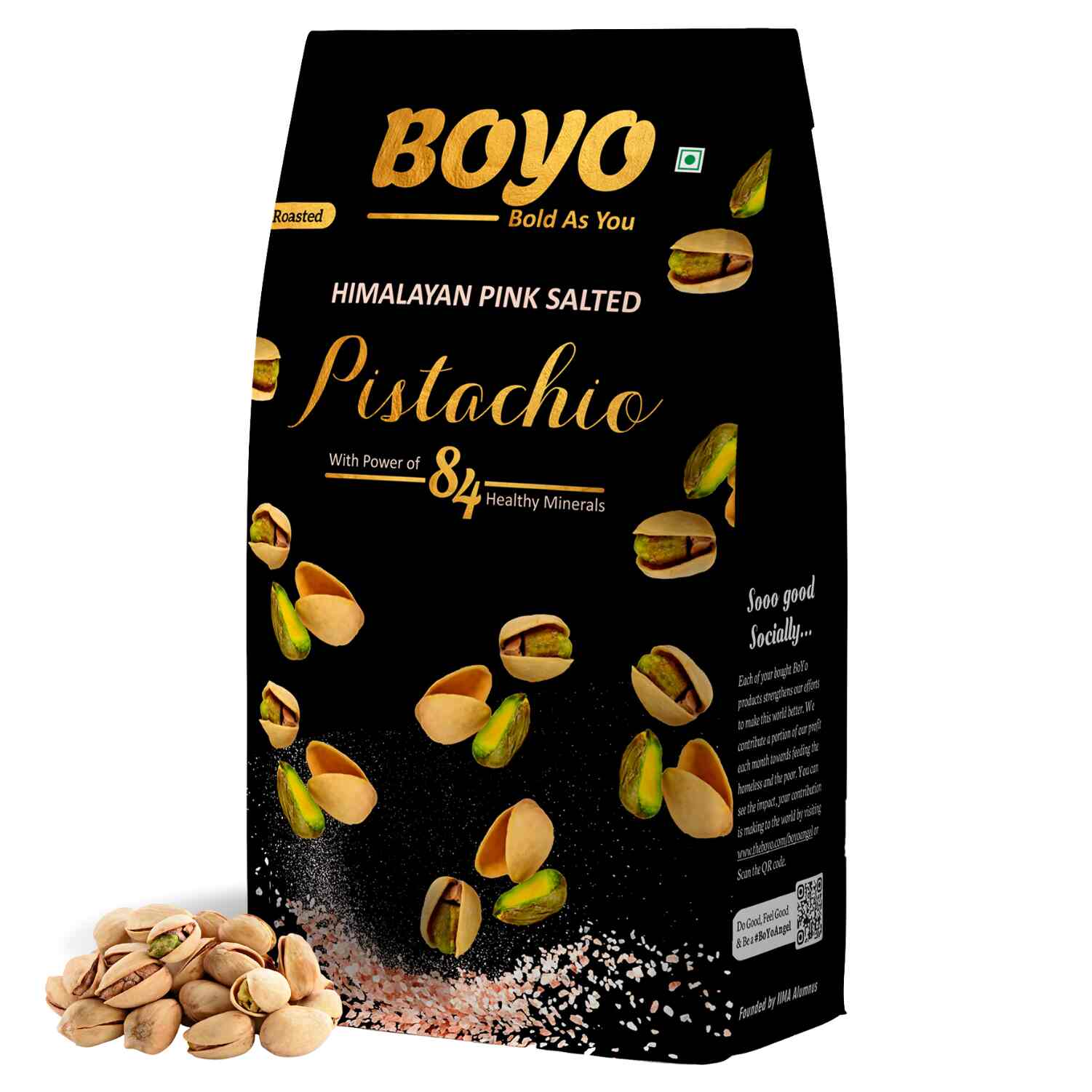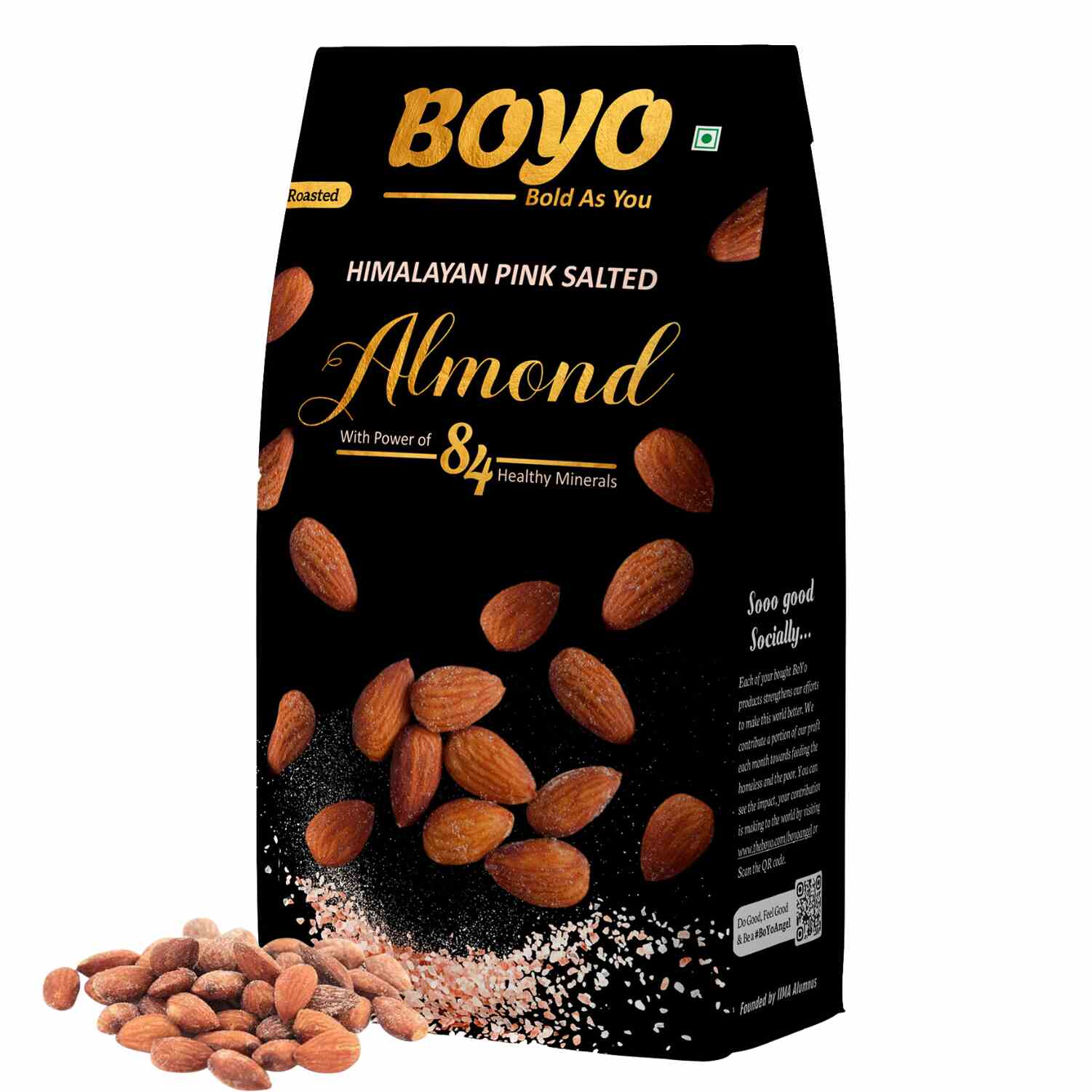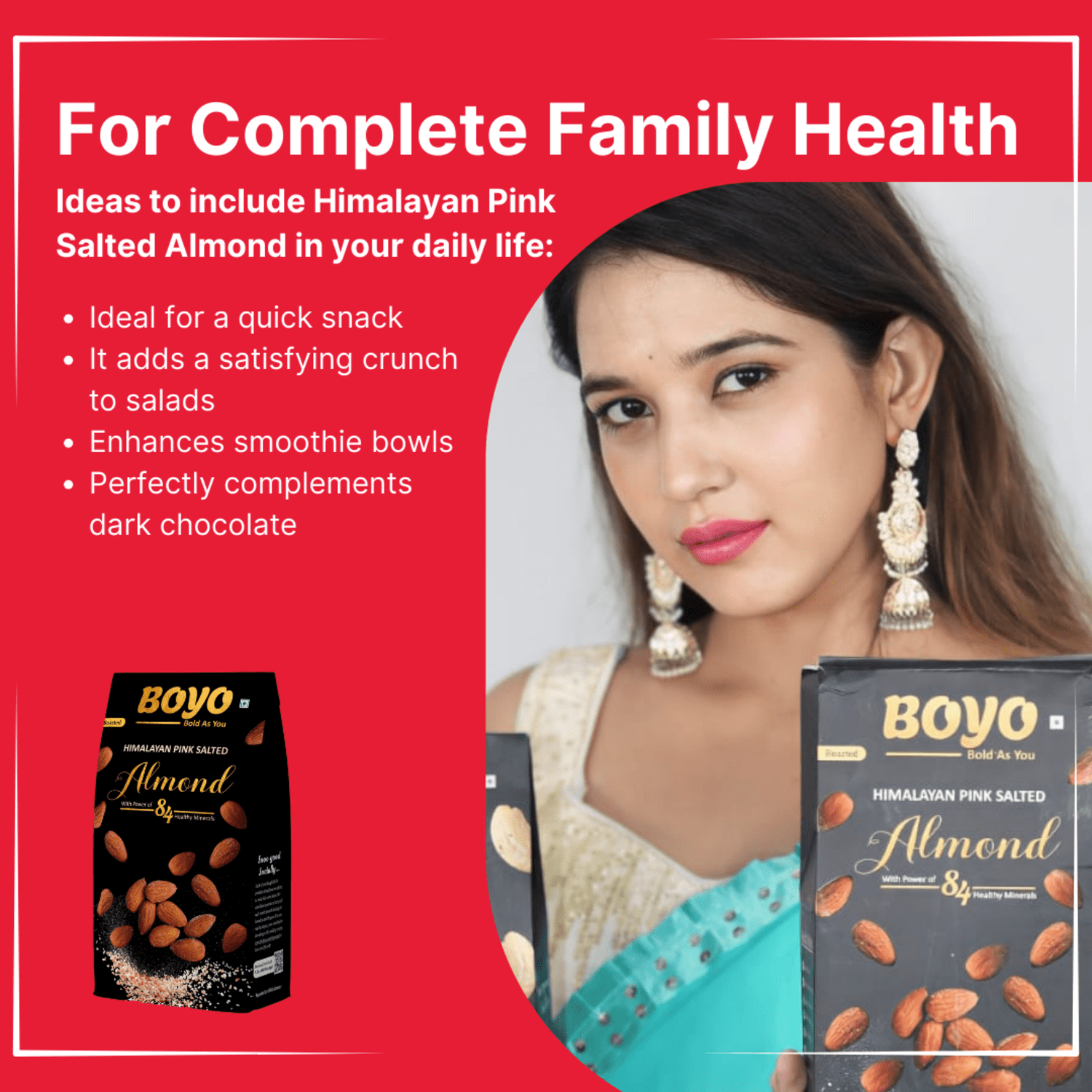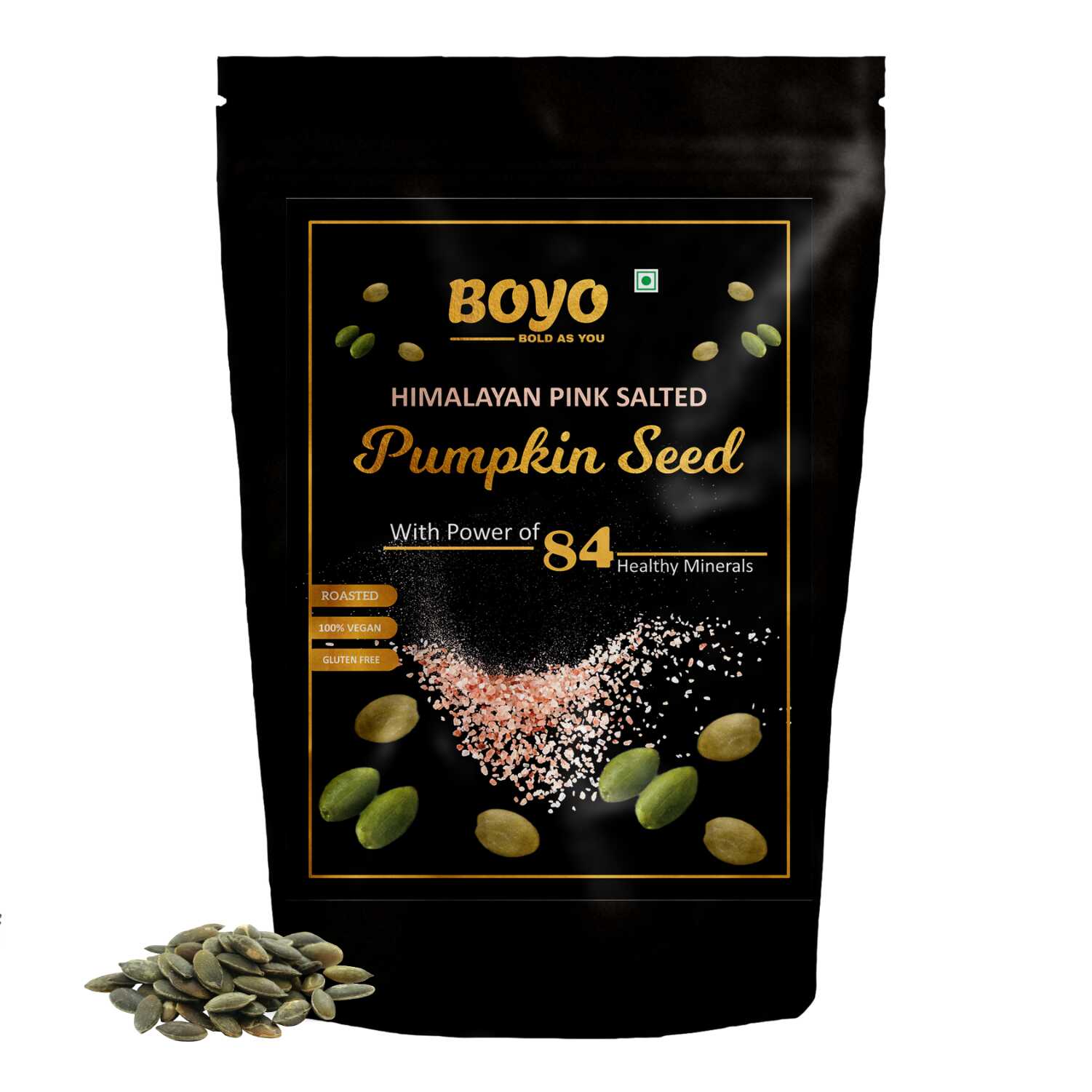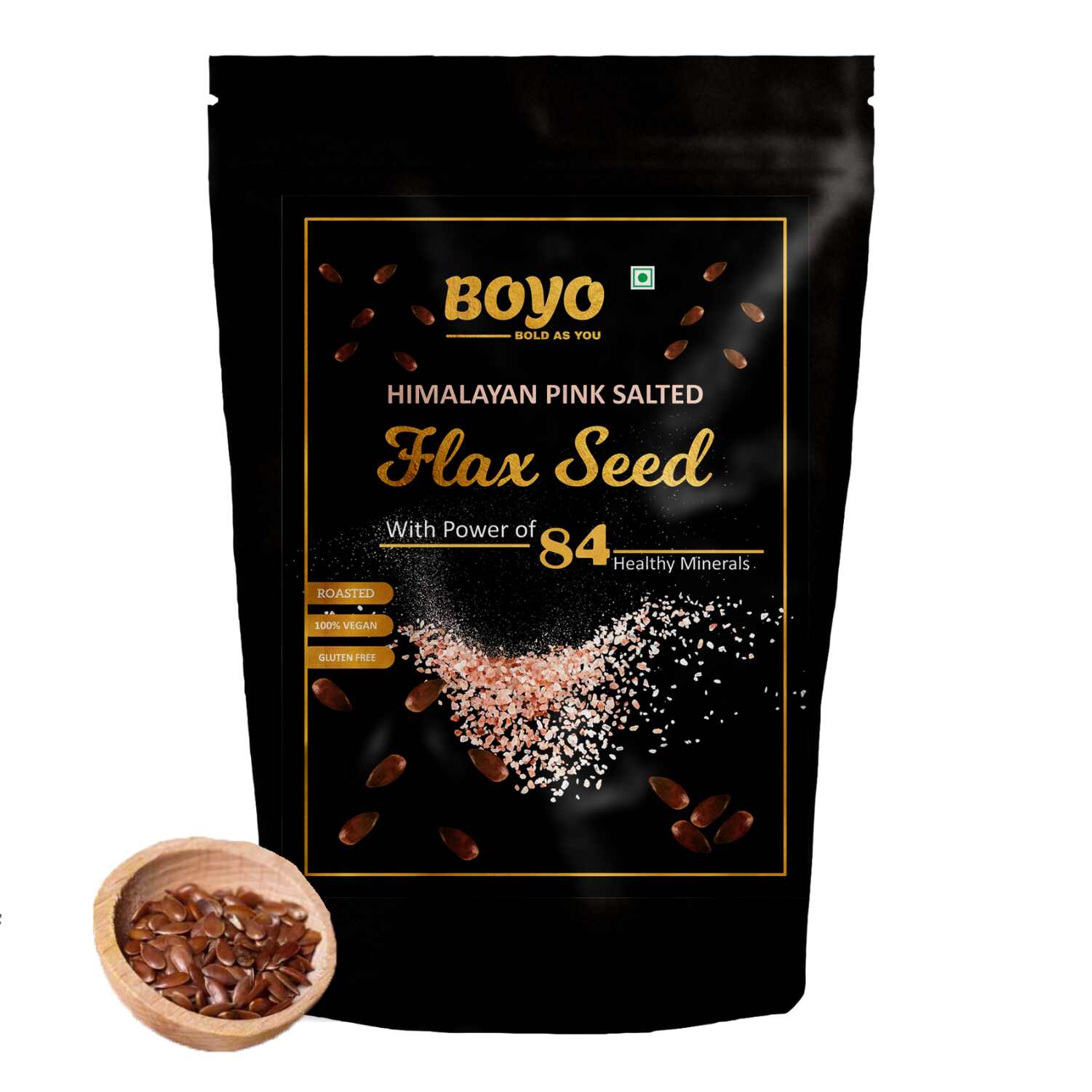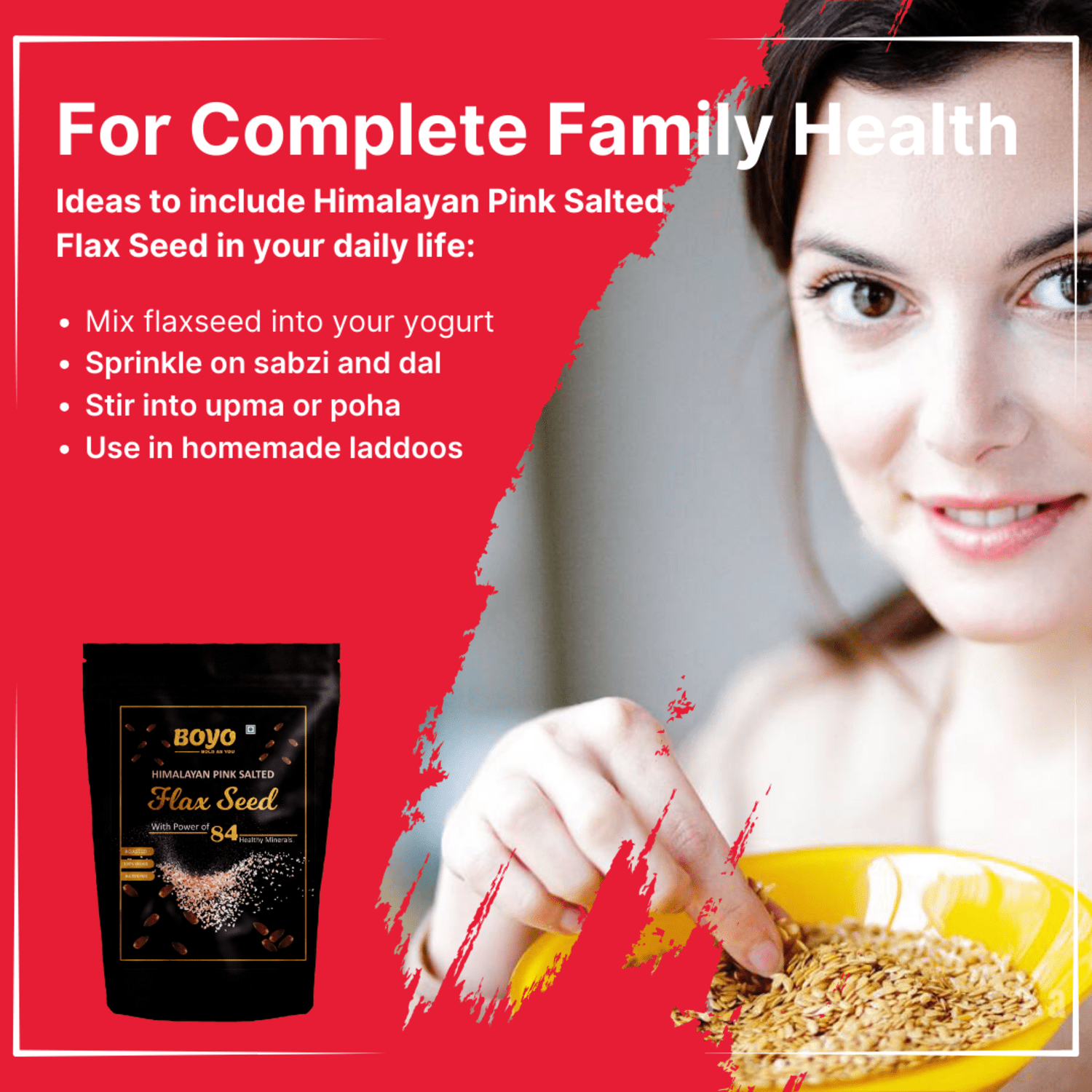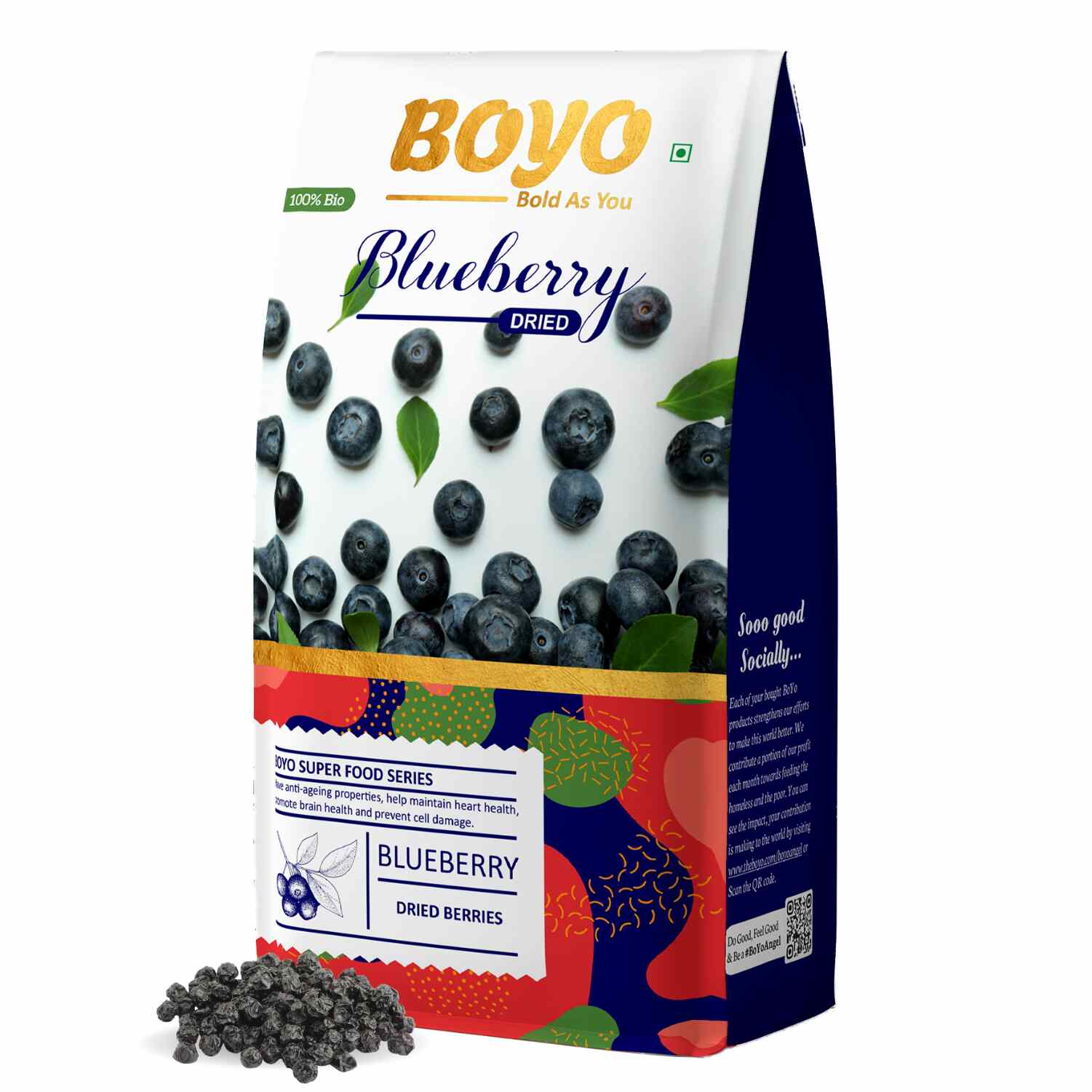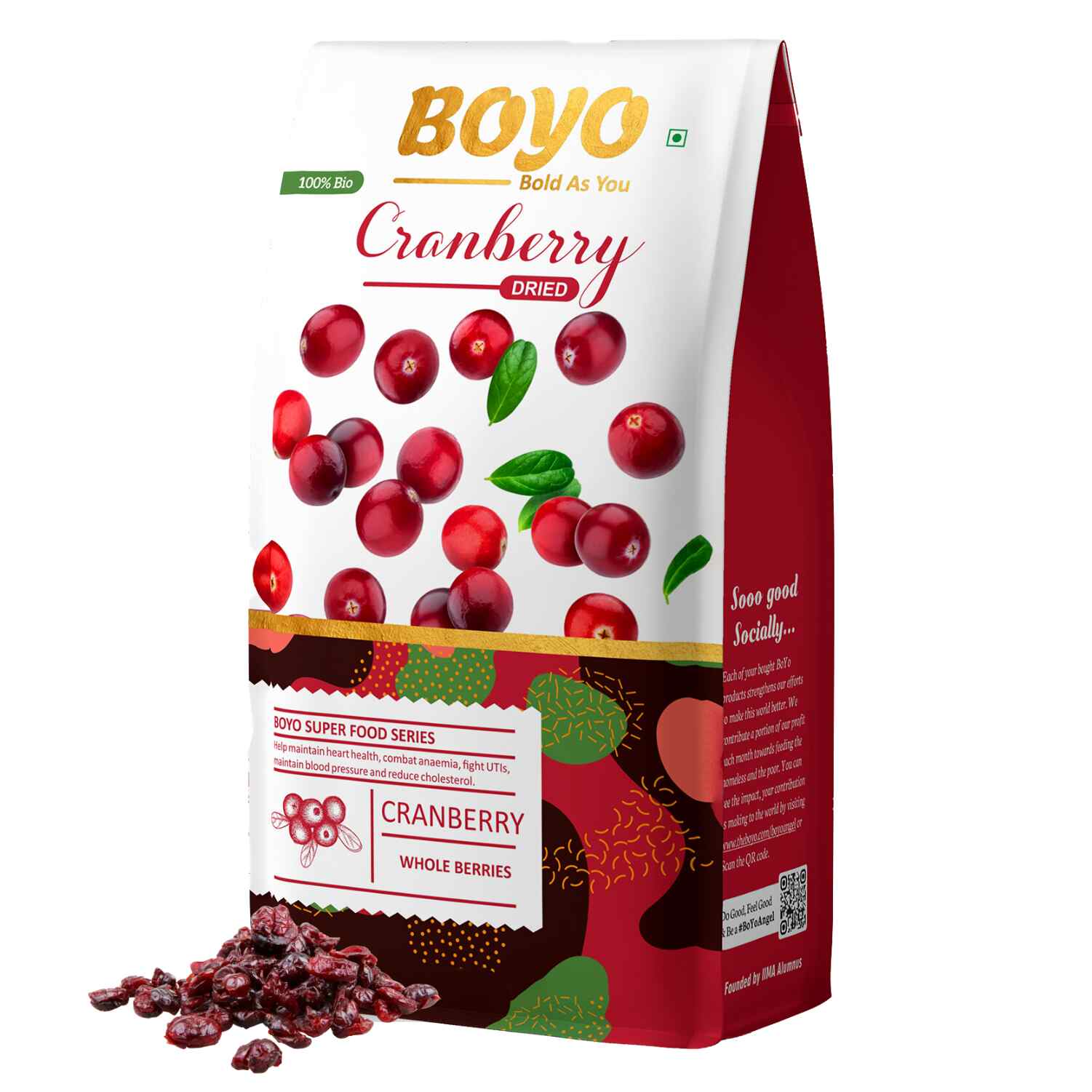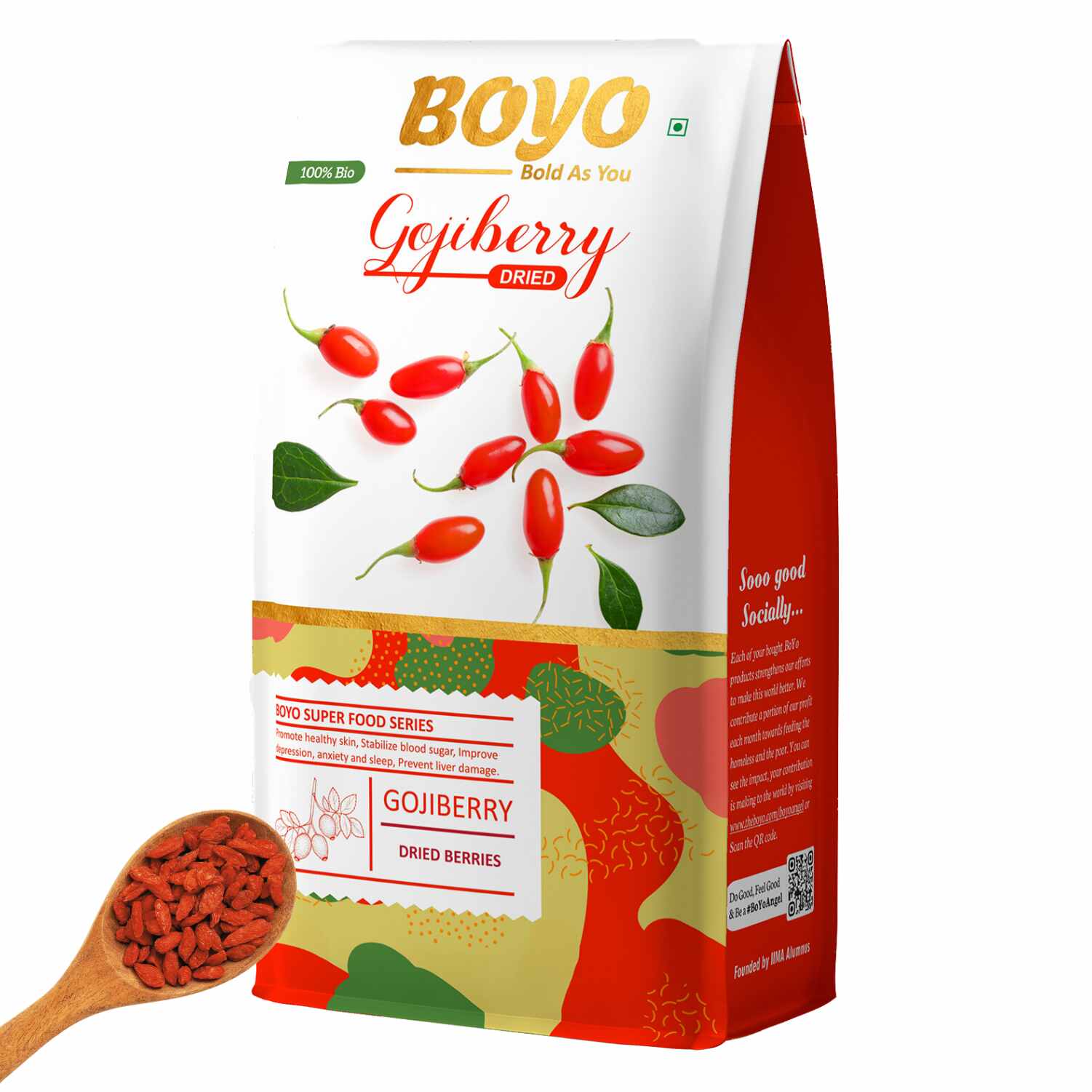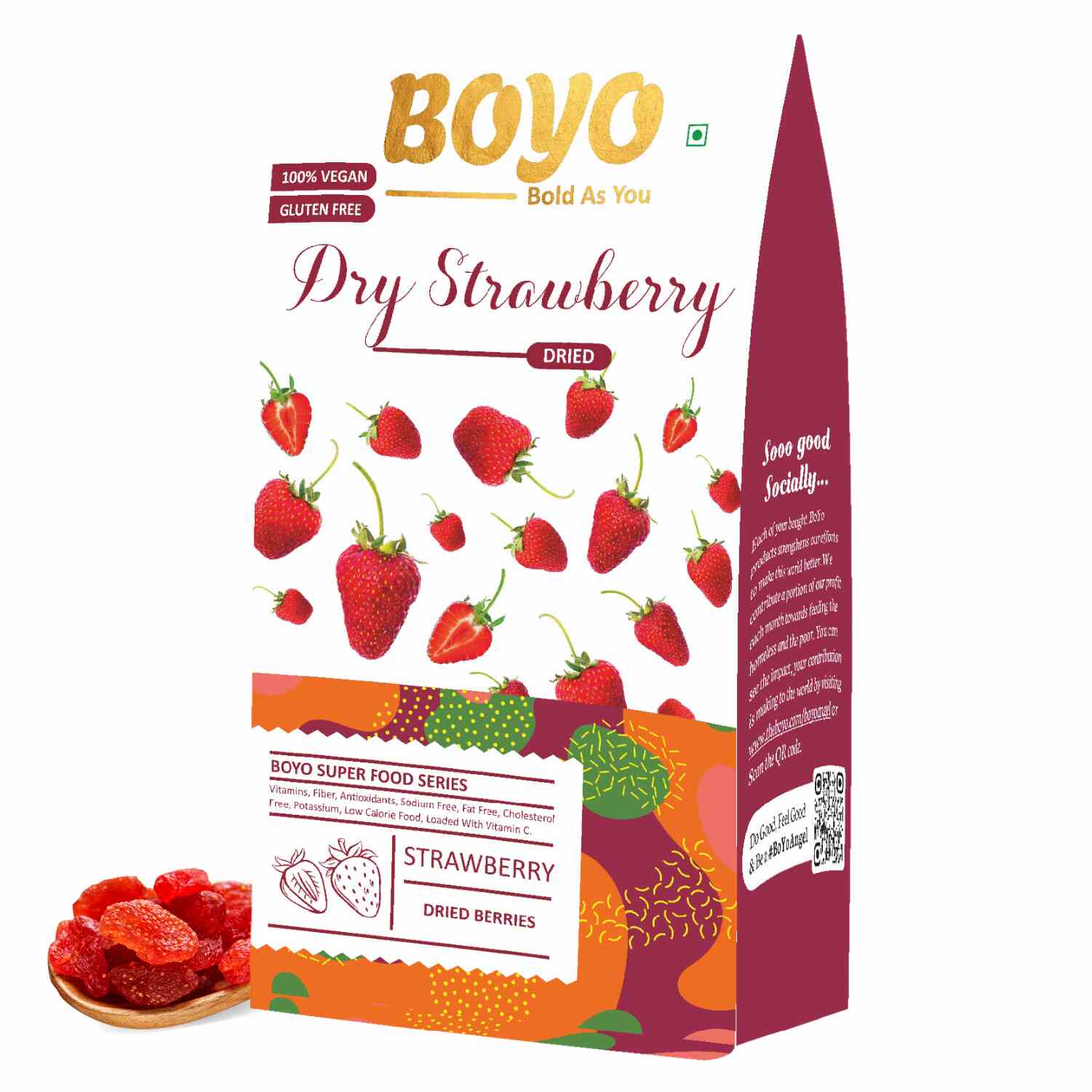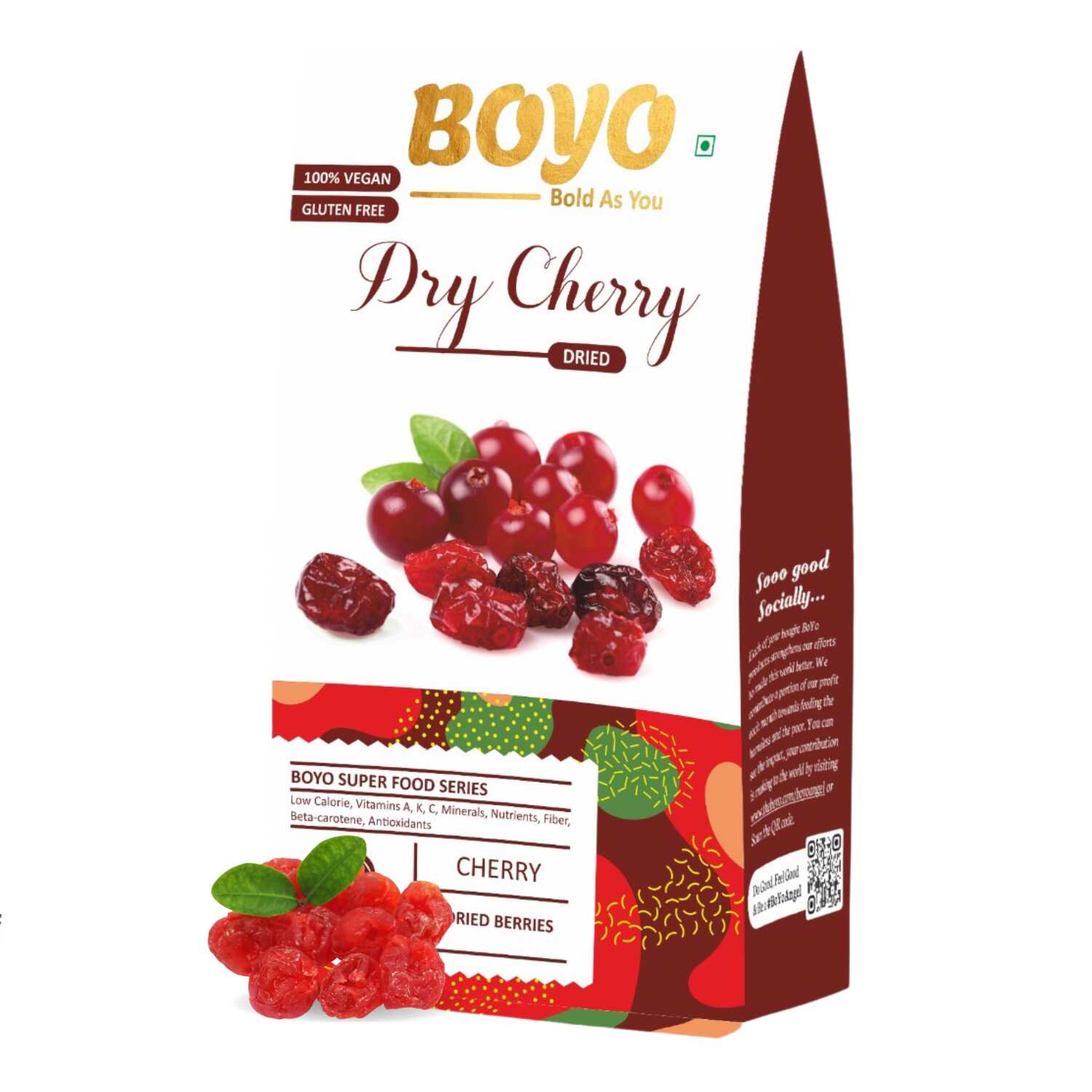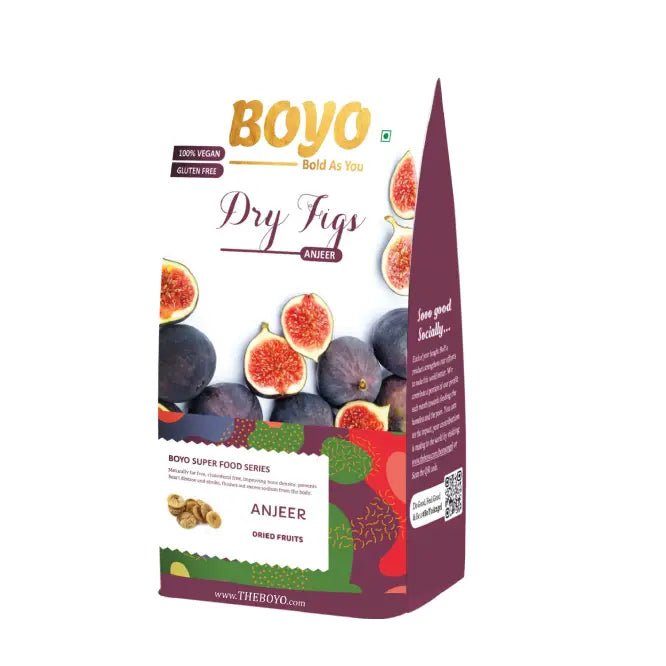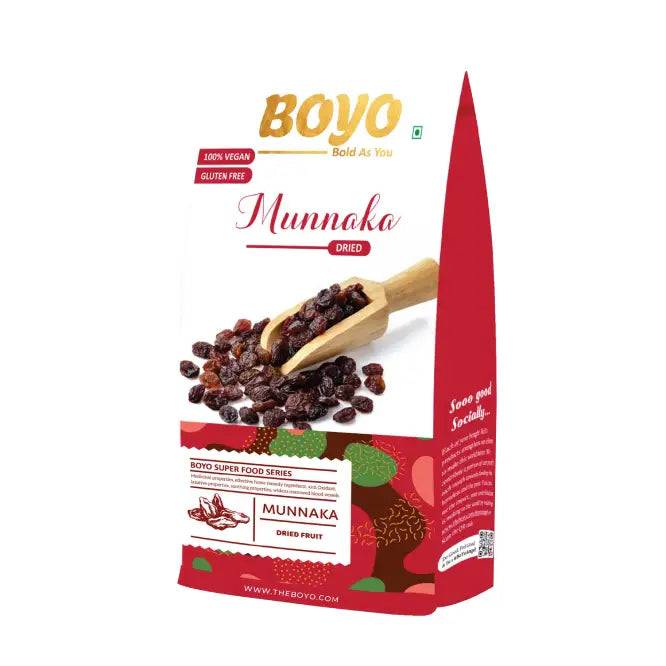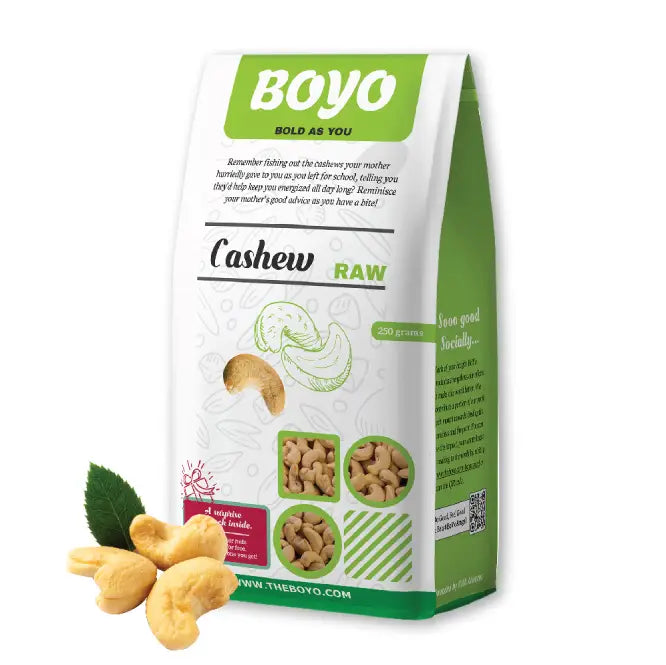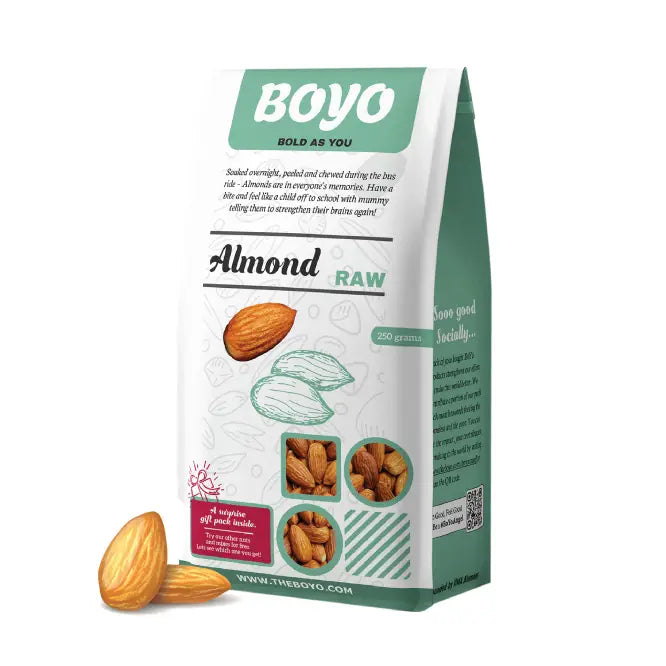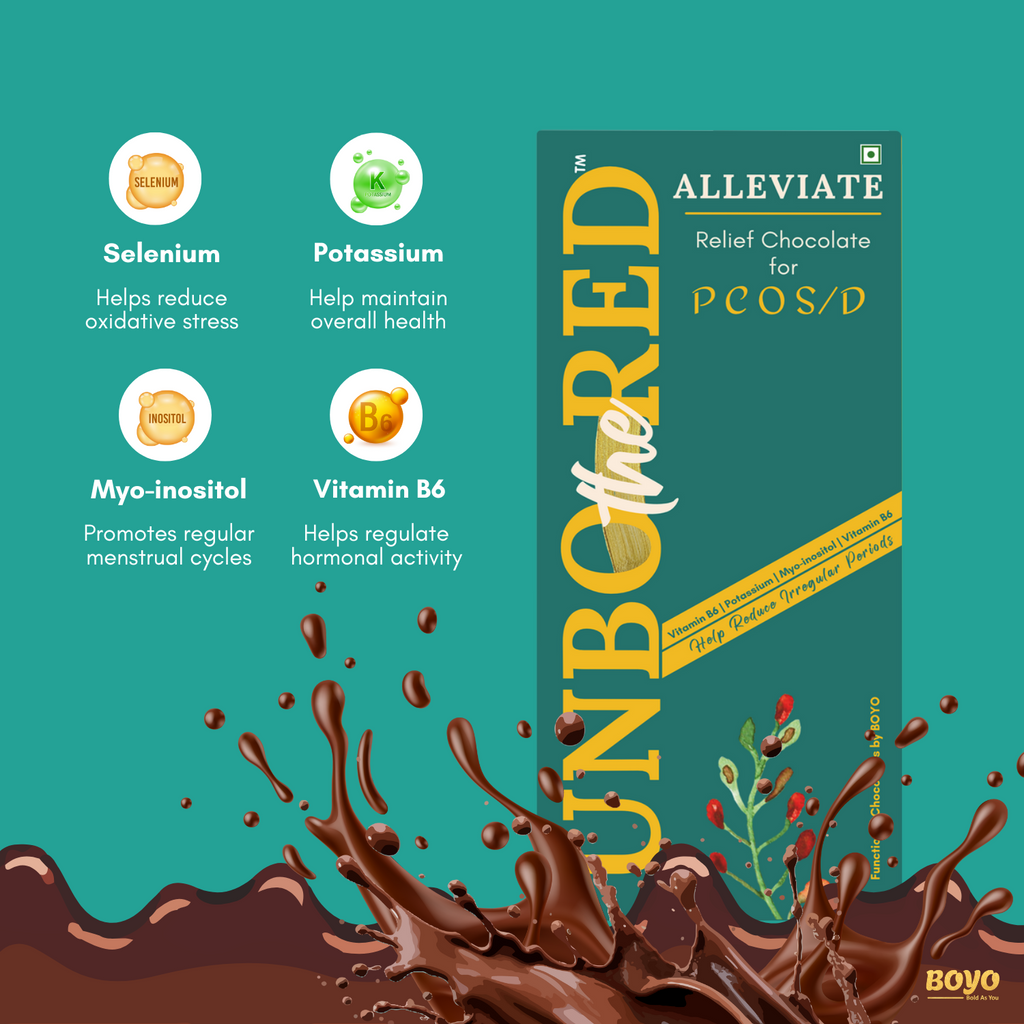
Understanding Womens: A Step Toward Menstrual Health Awareness

Yet, even in today's modern world, menstrual health awareness remains insufficient, clouded by stigma, misinformation, and silence. Understanding women begins with understanding their bodies, and a crucial step in that journey is acknowledging the realities of menstruation—not as a monthly inconvenience, but as a sign of health and vitality.
The Need For Menstrual Health Awareness
Too many girls and women around the world still lack access to accurate menstrual health education, sanitary products, and supportive environments. In many cultures, periods are seen as unclean or shameful, leading to social exclusion, missed opportunities in education or work, and even mental health issues. This lack of awareness doesn't just hurt women; it holds back communities and economies.
Menstrual health awareness is not just about knowing what a period is. It's about understanding the physical, emotional, and social dimensions of menstruation and breaking down the stigma that surrounds it. It's about ensuring that girls are not embarrassed at school, that working women are not silently suffering through pain or discomfort, and that men are part of the conversation, too.
Education Is Empowerment
One of the most powerful tools in promoting menstrual health awareness is education. When young girls are taught what to expect from their periods—what's normal, what isn't, and how to manage it—they gain confidence. When boys are also included in these lessons, it helps create empathy, respect, and support, rather than teasing or ignorance.
Schools, families, and workplaces all have a role to play in fostering open discussions around menstruation. Teachers should be trained to talk about periods without discomfort, and school curriculums should include reproductive health education that is age-appropriate and inclusive.
Tackling The Taboos
Despite efforts by activists and organizations, period stigma still runs deep. In some places, women are not allowed to cook, worship, or even sleep in their homes while menstruating. These outdated beliefs not only harm women but also reflect broader gender inequalities.
Challenging these norms means more than just talking about periods—it means shifting societal attitudes. Celebrities, influencers, brands, and governments must continue to speak out and lead by example. Period positivity campaigns, inclusive product advertising, and public health initiatives can all contribute to normalizing menstruation.
The Role Of Nutrition And Comfort
Menstrual health isn't just about hygiene products; it's also about physical and emotional care. Nutrition plays a significant role in managing symptoms like cramps, fatigue, and mood swings. One innovative product that’s making waves in this area is UNBOtheRED Chocolate—a functional chocolate designed specifically for menstrual comfort.
Made with ingredients that support hormonal balance and help ease PMS symptoms, UNBOtheRED Chocolate offers more than a sweet treat; it's a thoughtful solution for women seeking relief during their cycle. By combining comfort with nutrition, it represents a broader trend toward holistic menstrual care.
This kind of product also contributes to menstrual health awareness by reminding women that it’s okay to prioritize self-care during their periods. Rather than just “toughing it out,” women can choose to embrace their cycles and give their bodies the support they need.
Corporate Responsibility And Product Innovation
The rise of period-positive brands like UNBOtheRED Chocolate signals a shift in how society views menstruation. Businesses are beginning to understand that their customers want authenticity, compassion, and purpose. Supporting menstrual health initiatives, offering paid menstrual leave, and developing cycle-supportive products are ways companies can show they truly care.
Menstrual health products are no longer limited to just pads or tampons. Today, there are menstrual cups, reusable period underwear, herbal teas, pain relief patches, and functional foods—like UNBOtheRED—that reflect a new era of innovation and understanding. This evolution is helping menstruators feel seen and valued.
Including Men In The Conversation
Understanding women and menstrual health isn’t just a “women’s issue.” Men have a vital role to play in supporting menstrual health awareness. Fathers, brothers, husbands, and coworkers can all help break the silence and reduce the shame around periods by being informed and compassionate.
When men understand menstruation, they can advocate for better policies, support the women in their lives, and help build a world where no girl is afraid to say, “I’m on my period.” It starts with listening, learning, and removing the discomfort around the topic.
Policy And Accessibility
Governments and institutions also bear responsibility for advancing menstrual health awareness. From ensuring free access to menstrual products in public facilities to integrating menstrual health education in school curricula, policy-level changes are essential.
Healthcare systems should train professionals to address menstrual concerns seriously and without judgment. Period poverty—the inability to afford sanitary products—is a global issue that needs systemic solutions.
A Collective Movement
Promoting menstrual health awareness is not a one-time campaign; it’s a collective movement. It requires the involvement of individuals, families, educators, health professionals, companies, and policymakers.
Whether it’s through education, product innovation, or open dialogue, every step we take toward understanding women and their menstrual health helps dismantle centuries of shame and silence. Products like UNBOtheRED Chocolate are a testament to how far we’ve come—and a reminder of how much further we need to go.
Conclusion
Understanding women means respecting their biology, acknowledging their needs, and advocating for their well-being. Menstrual health awareness is a powerful tool for empowerment, and by embracing it, we create a more equitable and compassionate world. From honest conversations to comforting innovations like UNBOtheRED Chocolate, each effort contributes to a future where every woman can manage her cycle with dignity and pride.
FAQs
1. What is menstrual health awareness and why is it important?
Menstrual health awareness involves understanding the physical, emotional, and social aspects of menstruation. It is important because it helps eliminate stigma, promotes hygiene and self-care, and ensures that menstruators can live with dignity and confidence during their cycles.
2. How can we promote menstrual health awareness in schools and communities?
We can promote awareness by including comprehensive reproductive health education in school curricula, encouraging open conversations at home, training educators, and supporting community campaigns that normalize menstruation and challenge period-related stigma.
3. What is UNBOtheRED Chocolate and how does it support menstrual health?
UNBOtheRED Chocolate is a functional chocolate specifically designed to support women during their menstrual cycles. It contains ingredients known to ease PMS symptoms like cramps, fatigue, and mood swings, offering a comforting and nutritious alternative to traditional relief methods.
4. Is UNBOtheRED Chocolate a replacement for pain medication or medical advice?
No, while UNBOtheRED Chocolate can complement a healthy menstrual care routine, it is not a substitute for professional medical advice or prescribed medications. Always consult with a healthcare provider if you experience severe or unusual menstrual symptoms.
5. Why should men be involved in menstrual health awareness?
Men play a vital role in supporting menstrual health awareness by breaking taboos, supporting women in their lives, and advocating for inclusive policies. When men are informed and empathetic, it helps build a more respectful and understanding society for everyone.
